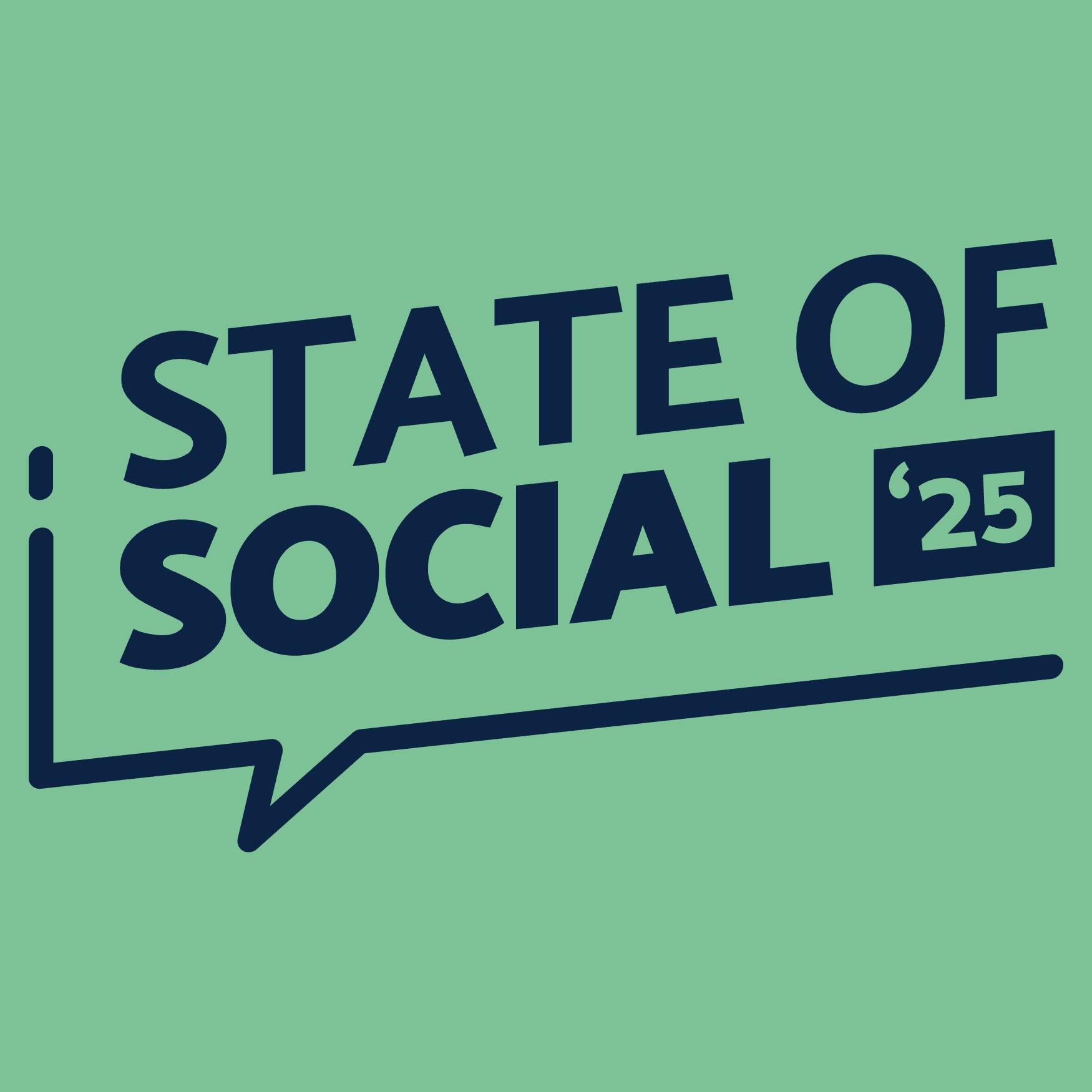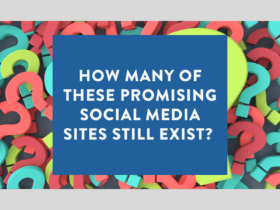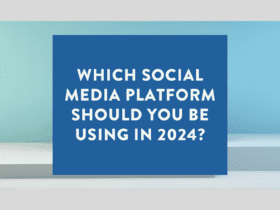Thanks to the fast-paced nature of the internet and social media, brand reputation is more important than ever!
You may have heard the famous Warren Buffet quote, “It takes 20 minutes to build a reputation and only 5 minutes to ruin it”, well something that takes that long to establish sure has value and significance!
Let’s explore further.
TLDR; What’s it all about?
What is brand reputation?
Simply put, brand reputation is about how a brand is viewed and perceived by its target audience, stakeholders, and the market as a whole.
It is all the ideas and emotions that customers associate with a brand.
Why is brand reputation important?
Brand reputation is essential for established brands, but for small, start-up brands, reputation is everything!
Increases Sales
The main goal of most businesses is to create a profit, and the higher reputation of a brand, the better sales the company will have. It’s essential to know that consumers will almost always pick a highly regarded brand over one that isn’t.
Competitive Advantage
Consumers are willing to pay 15% more for the same product or service if assured they’ll have a better experience. Serviceable impressions of a business can make it the deciding factor for the consumers to choose them over others in the competition.
Expansion Opportunities
If a business has a good reputation, it is more likely for the company to evolve. Examples of this include expanding product lines, venturing into new territories or finding new investors.
How do you maintain and build brand reputation?
Communicate brand values
More than ever before, consumers are seeking brands that align with their own values. 64% of consumers say shared values are the basis of their trusted relationships with companies.
A great example of this is Who Gives A Crap, who donates 50% of their profits ($5.85 million in the last financial year) to water, sanitation and hygiene projects to Papua New Guinea, Timor Leste, Kenya and India.
Take the negative feedback onboard
It is vital to not only respond to the positive customer feedback but also the negative. Don’t delete comments and hope your problem will go away. Use negative customer feedback as a chance to tell the customer you’re listening to them and will make a change. A well-executed response can turn unhappy customers into brand advocates.
Be transparent
86% of consumers believe transparency from businesses is more important than ever. Brands can be more transparent by creating a culture of honesty with employees and customers, making information easily accessible and admitting and rectifying mistakes publically.
Just this year, fashion house Gucci was named the most transparent luxury brand by a respective index for regularly highlighting their supply chain and fair trade procedures.
Give good customer experience
Try and give your audience a reason not to complain about you! Set up automated social media messages after hours, create automated emails, think about post-purchase communication, reply timely to customer emails. Think and then think again of everything that can promote positive word of mouth.
Promote positive customer experiences
Online reviews remain incredibly influential when it comes to purchasing decisions. 93% of consumers say online reviews have an impact on their purchase decision. Use your website and social media channels to communicate the positive experiences of your customers.








LET’S CONNECT